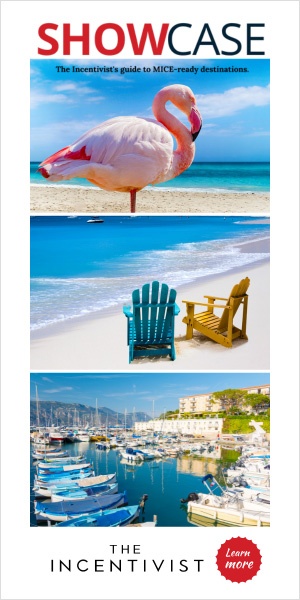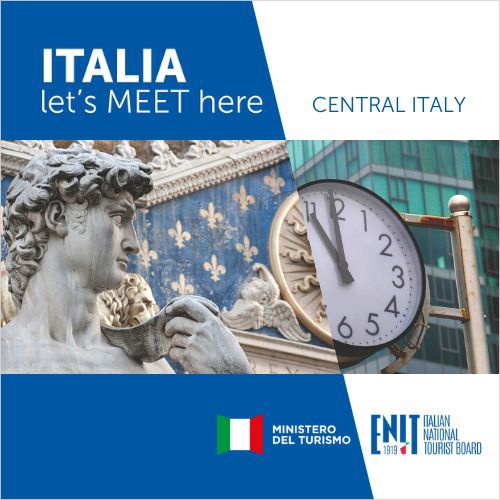The European Tourism Manifesto alliance is calling on European Union (EU) countries to urgently agree on harmonized travel restrictions and ensure swift implementation to help the sector survive the crisis caused by the COVID-19 pandemic.
The alliance is comprised of more than 60 European public and private organizations, including the European Hotel Forum, World Travel & Tourism Commission, European Spas Association, TUI Group, European Destinations of Excellence, European Festivals Association and Cruise Lines International Association (Europe). Its mandate is to serve as the voice of the tourism industry and call on the EU for action on key policy priorities for the sector.
In a statement released yesterday, the alliance writes that it “applauds renewed efforts of the European Commission as well as the initiative from the German Presidency of the Council of the European Union from last week to improve coordination on cross-border travel and restore the integrity of the Schengen area. The need for continued COVID-19 control is foreseeable and, under Article 24 of the Schengen Borders Code, any related border restrictions must be coordinated.”
It also outlined how the coronavirus crisis has devastated the European travel and tourism sector due to “insufficiently coordinated travel restrictions, declining traveller confidence and reduced consumer demand.” Declines cited include a 66.4 percent drop in hotel occupancy rates across Europe; a 60 percent decrease in intra-European travel to France, Germany, the United Kingdom and the Netherlands; and a 78 percent drop in intra-European travel to Spain.
To help the sector recover, the European Tourism Manifesto is asking national governments to urgently approve the European Commission’s proposal and to:
- Establish common criteria and thresholds for determining epidemiological risk, including a common colour-coding system to identify risk areas. These criteria should be evaluated on a detailed regional level, considering relevant geographical factors (particularly islands).
- Implement common measures to put in place upon departure to and return from risk areas. These measures should be determined with sufficient detail and based on scientific evidence (as there is no reason to restrict travel to entire countries if only certain regions are affected) and comprise:
- replacing the need for quarantine of travellers with comprehensive cost-effective testing and tracing;
- avoiding blanket restrictions to free movement by implementing more targeted measures which are limited in geographical scope;
- avoiding imposing travel restrictions on passengers in transit;
- agreeing on common rules for requesting pre-travel COVID-19 negative test results where needed;
- and ensuring the interoperability of contact tracing apps in the EU and the harmonization of Passenger Locator Forms based on international standards
- Follow a common structured and transparent process to publish clear, comprehensive and timely information about any travel restrictions, where these are needed. Information should be made available on the Re-open EU web platform.
The EU countries are Austria, Belgium, Bulgaria, Croatia, Republic of Cyprus, Czech Republic, Denmark, Estonia, Finland, France, Germany, Greece, Hungary, Ireland, Italy, Latvia, Lithuania, Luxembourg, Malta, Netherlands, Poland, Portugal, Romania, Slovakia, Slovenia, Spain and Sweden.















